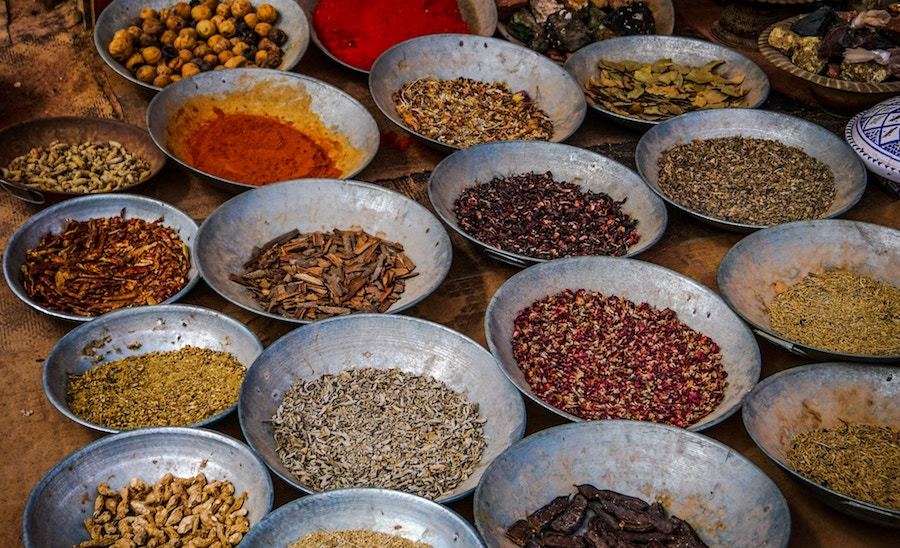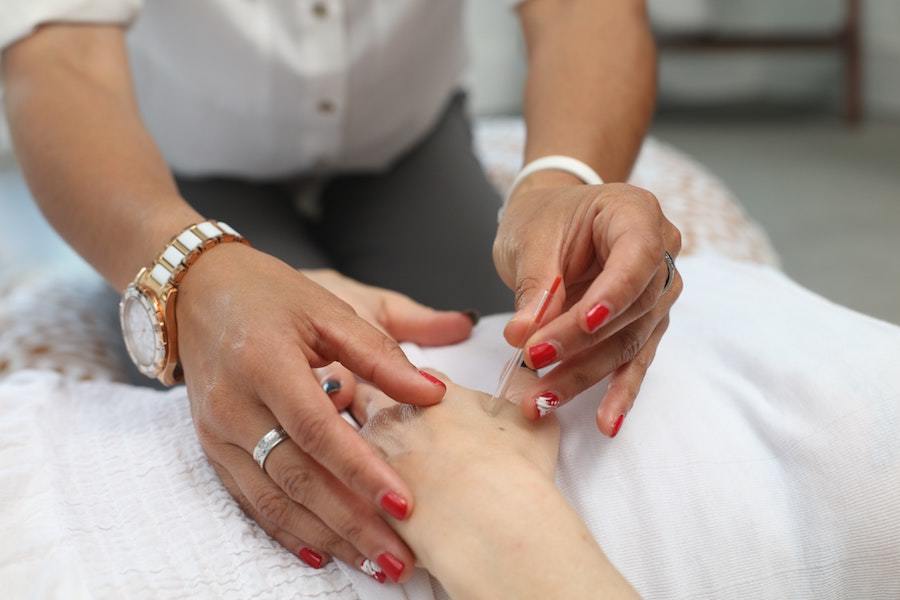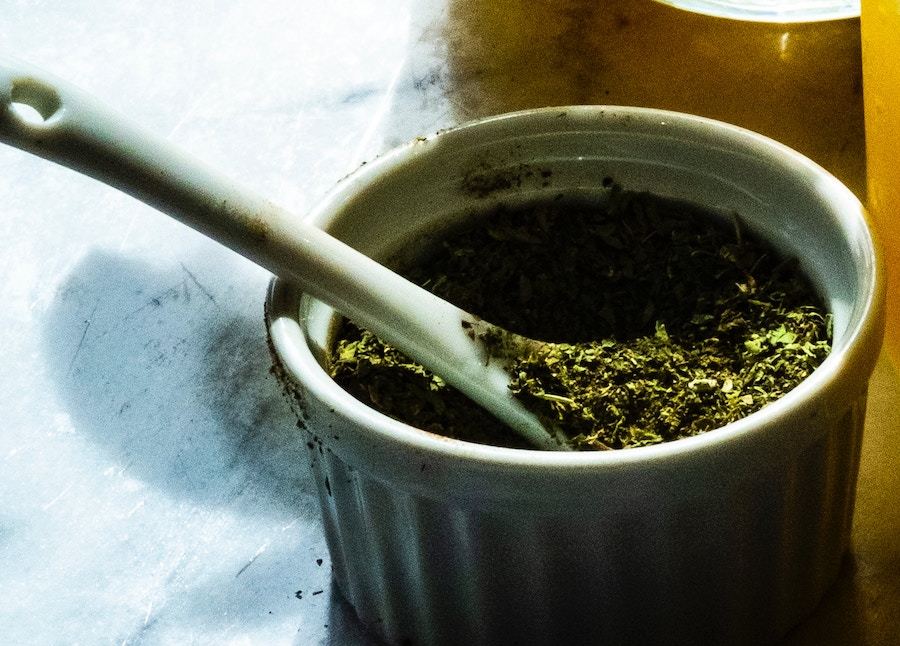Traditional Chinese Medicine and Hirsutism

Traditional Chinese medicine has been practiced for thousands of years. It includes massage, acupuncture, herbal remedies, exercise, and diet. Many people use traditional Chinese medicine to complement western medicine for all manner of ailments, illnesses, and conditions.
Can Traditional Chinese Medicine Treat Hirsutism?
Hirsutism affects around 8% of women, and can have a devastating psychological impact. Studies have found that a large percentage of women with hirsutism also have depression and anxiety. Some women feel that they are not taken seriously by their primary care physicians, and many are looking for alternative treatments, including traditional Chinese medicine.
Hirsutism can be a condition by itself, without an underlying cause, but it is more often a symptom of another condition. It may be a symptoms of CAH (Congenital Adrenal Hyperplasia), or Cushing’s Syndrome. The most common cause of hirsutism is PCOS, or Polycystic Ovary Syndrome.
Hirsutism causes excessive hair growth in a male pattern. Women can experience a darker, thicker body hair on their backs, faces, shoulders, chests, legs, and around the groin area.
What Is PCOS?
PCOS is an endocrinological condition that affects around 10% of all women. PCOS is caused by an imbalance of hormones, so the body has more male hormones, or androgens than it needs. The excess of male hormones can cause issues with fertility, irregular periods, hirsutism, acne, male pattern baldness, and weight gain. Hirsutism is a common symptom of PCOS, and around 80% of women diagnosed with PCOS will have hirsutism.
There are other conditions that are linked to PCOS, such as high blood pressure, diabetes, high cholesterol, depression and anxiety.
Treating PCOS
PCOS is not curable, but it can be treated and controlled through medications and lifestyle changes. Medications such as birth control pills, and anti-androgen tablets can help, and hair removal methods can remove the hair. There are some medication that may slow the growth of new hair.
Some women find that it can take some time for any prescription medications to start to work, and not every medication is suitable for every woman. This is why they often look into physical hair removal methods. Also, some women are looking into alternative medicine to complement the treatment regimen from their primary care physicians.
Traditional Chinese Medicine For PCOS
Many women are looking to supplement their treatment regimen for PCOS and hirsutism with traditional Chinese medicine. But what can be done?
Acupuncture
Acupuncture is a treatment that involves inserting long, thin needles into the skin at specific points. Chinese medicine is based on the qi, or chi that flows through the body, and the way to access this qi energy is through meridian points of the body. The points used for each person will depend on what condition they want treated by acupuncture.

Many women with hirsutism and PCOS are looking into acupuncture to supplement their treatment regimen. Even though there currently is not enough scientific evidence available to confirm a positive effect, it is believed that it may have a benefit on the metabolism, ovulation, and hormonal systems for women with PCOS.
Chinese medicine looks at hirsutism as part of a bigger energy imbalance, which could involve many organs, and meridians. One patient may respond to acupuncture points in the leg, while another would respond to the point in the arm. Acupuncturists report that in the majority of cases they see, the organ that needs to be focused on most is the liver.
Herbal Remedies
There are a number of herbs that are traditionally used in treating the symptoms of PCOS and hirsutism in Chinese medicine. They include herbal formulas such as Jia-Wei-Xiao-Yao-San, a formula in traditional Chinese medicine that contains 10 herbs, as well as Gui-Zhi-Fu-Ling-Wan, Dang-Gui-Shao-Yao-San and Xiang-Fu.
Also, a small study in 2011 found that the Chinese herbal medicine Tian Gui could be effective in treating PCOS. As the study size was small, more research and larger studies need to be done to confirm this effect.

If you’re interested in exploring herbal remedies for PCOS or Hirsutism, a Chinese medicine practitioner might help you. Many countries and states have a licensing board or associations for acupuncturists, and traditional Chinese medicine practitioners. These boards will have a website for details of licensed practitioners in your area, and may have information about community events. Some areas may have a school of traditional Chinese medicine. Schools are likely to keep records on their alumni, and where they practice.
If you’re starting with Traditional Chinese Medicine, make sure to discuss it with your doctor or healthcare team first, to make sure it works with your current treatment regimen.
